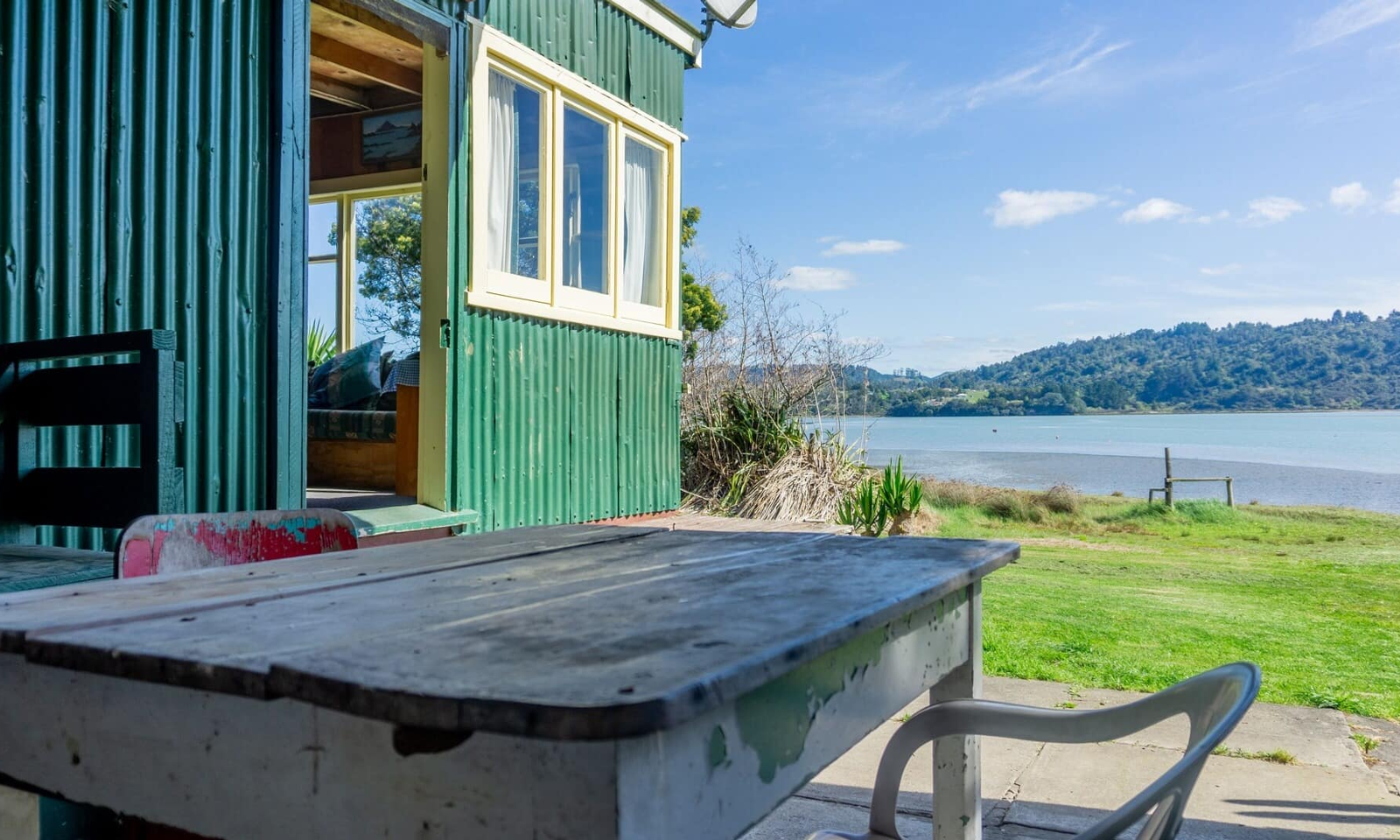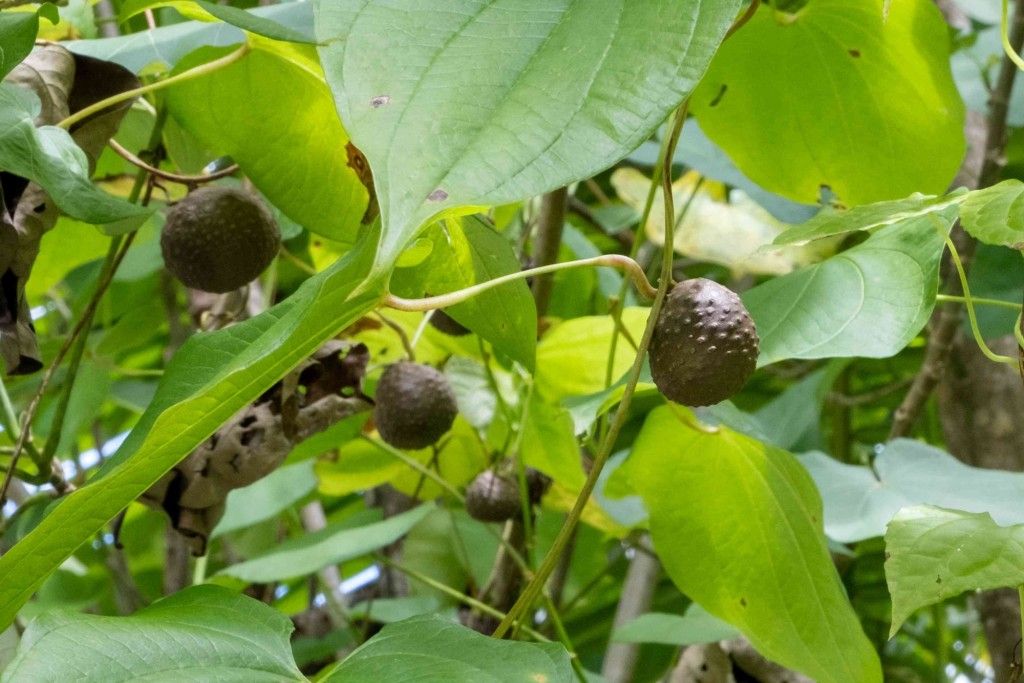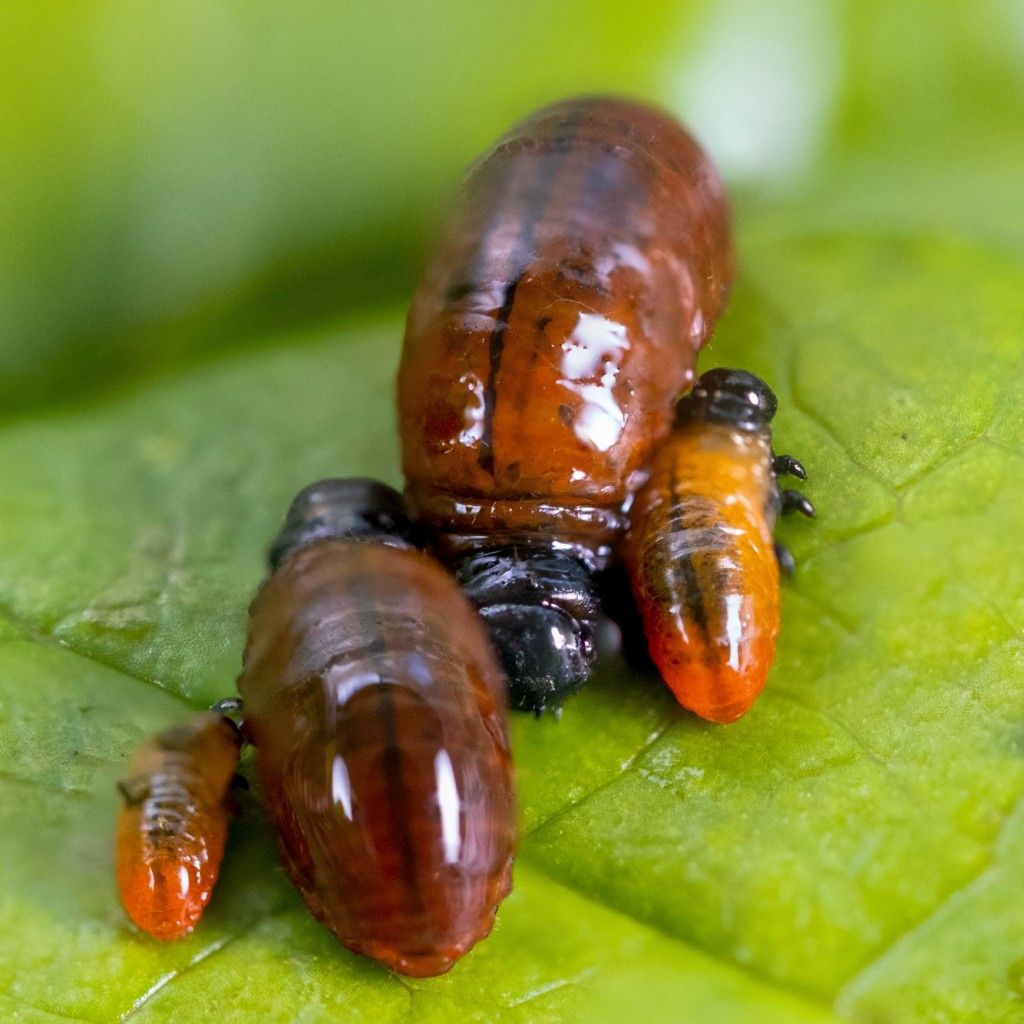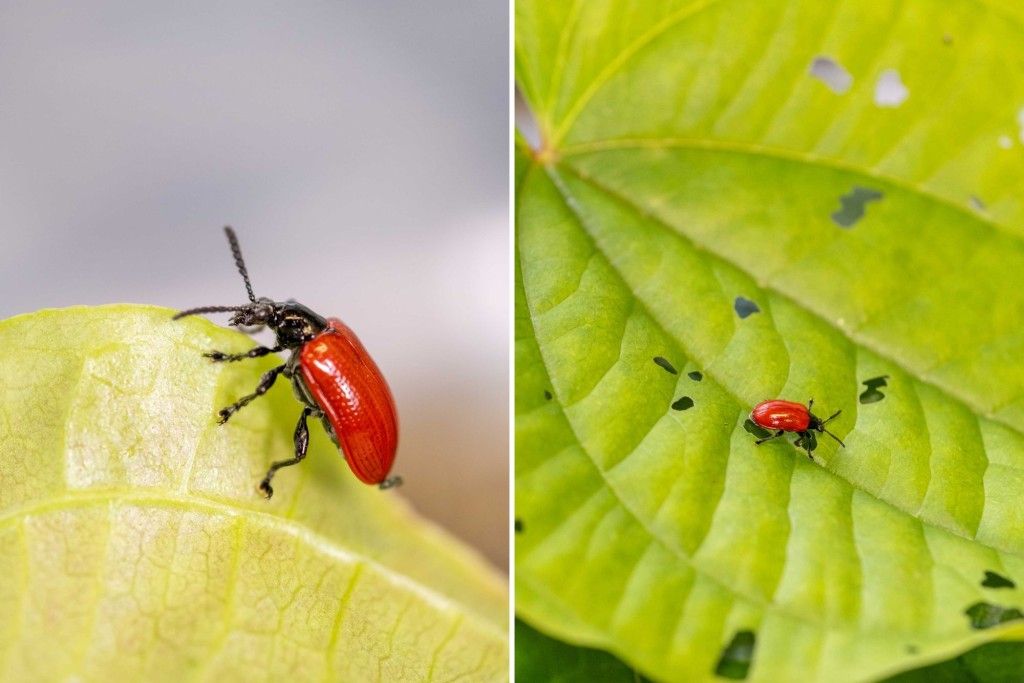

Niue first country in the Pacific to introduce leaf-feeding beetle.
Photo/Manaaki Whenua - Landcare Research
Beetles to the rescue: Niue tackles invasive plant pests
Niue is introducing a leaf-feeding beetle to protect its air potato vines. But not everyone is happy.


Holiday Classics: The sports films that bring families together

Memories over miles: South Aucklanders share their favourite holiday getaways


Ancient DNA shows how Pasifika carried pigs across the ocean

Holiday Classics: The sports films that bring families together

Memories over miles: South Aucklanders share their favourite holiday getaways

A leaf-feeding beetle has been introduced in Niue to control the spread of the invasive air potato vines, locally referred to as “hoi”.
Television Niue has reported the Pacific Island nation is the first in the region to release the specific beetle species.
Niue’s Minister of Natural Resources Mona Ainuu and New Zealand’s High Commissioner to Niue, Mark Gibb, pioneered the first release of the air potato leaf beetle eggs last week.

Air potato is a fast-growing vine that produces aerial tubers that look like potatoes, which help the plant to spread quickly. Photo/Manaaki Whenua - Landcare Research
Weed biocontrol technician Robyn White was part of the Manaaki Whenua - Landcare Research team in Aotearoa - who was in Niue last week to deliver the beetles.
“We brought over 200 eggs from New Zealand to release in Niue,” White said.
“We've released 30 baby larvae, which will feed upon the air potato leaves.
“They will grow to adult beetles within a month and then continue their life cycle fighting the hoi,” she told Television Niue.
The leaf-feeding beetles only target the air potato plants and pose no threat to other species.
However, locals have taken to social media to express their concerns.

Air potato leaf beetle larvae. Photo/Manaaki Whenua - Landcare Research
“It’s a hope from researchers that means pending,” Mautofiga Tauevihi said.
“Let’s hope these beetles won’t find the taro leaves more palatable than the air potato vines,” Asu Pulu said.
“As with everything that lives, it evolves. So where the insect might be host-specific now, in 10 years or 20 years who knows, the beetle may evolve to consume another variety of fauna. Only time will tell if this introduction was a wise one,” Ian Richardson said.
“I hope they’ve done their research excessively before they accept to introduce this bug to the local environment,” Holiday Pineki Kauie said.
While there are doubts about introducing this new species into Niue’s ecosystem, White said initial trials in the United States (US) proved a success.
“Once the beetle was proven to be safe, they released them in Florida, the beetle has been very successful in reducing the growth rate and the size of the bulbils of the air potato.
“We then collaborated with the US to bring the beetles to New Zealand and now Niue will be the first release in the Pacific.”
Niue’s Biodiversity and Conservation officer, Huggard Tongatule, says it all began in 2020.
“In 2020, we had a consultation workshop here on the island with a team from Manaaki Whenua - Landcare Research.

Adult beetles chew lots of round holes in the leaves. Adults will also nibble on the bulbils, but both prefer leaves, especially the fresh ones. Photo/Manaaki Whenua - Landcare Research
“We did ranking of some of the worst weeds that we have here on the island and the air potato actually came up quite high, locally known as hoi, which prompted us to do a bit of work on trying to determine if there's a biocontrol threat available to be introduced to Niue,” Tongatule said.
The first leaf-feeding beetles were released last week with more planned releases in the future.
"We'll come back next year and continue to monitor to see how they're going. We may release more beetles in the future too,” White said.
The invasive air potato vines have also been invasive in the Caribbean region, the southern US, and some Pacific nations including Fiji, French Polynesia, Niue, Palau, Tonga, and Wallis and Futuna.
The Niue initiative is part of the Pacific Regional Invasive Species Management Support Service funded by the New Zealand Government.
Click here for Television Niue's article.
For more information on the initiative, visit Manaaki Whenua - Landcare Research.